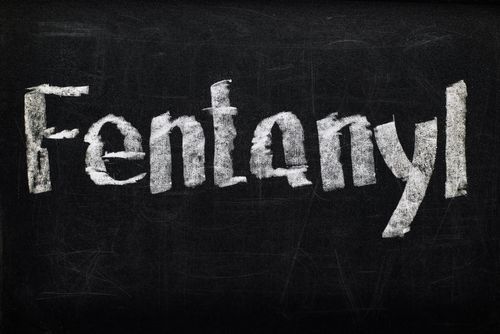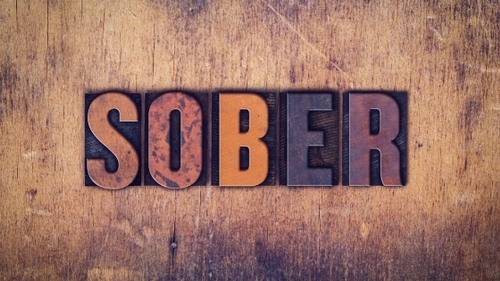Unpacking Step 1 of Alcoholics Anonymous: Taking the First Step Toward Recovery
Step 1 of Alcoholics Anonymous is an important first step toward recovery. It’s the foundation on which the entire program is built, and it marks the beginning of your journey on the road to a better life. Taking this step can be difficult, but it's an essential part of recovering from alcoholism. However, many people struggle with this step.










